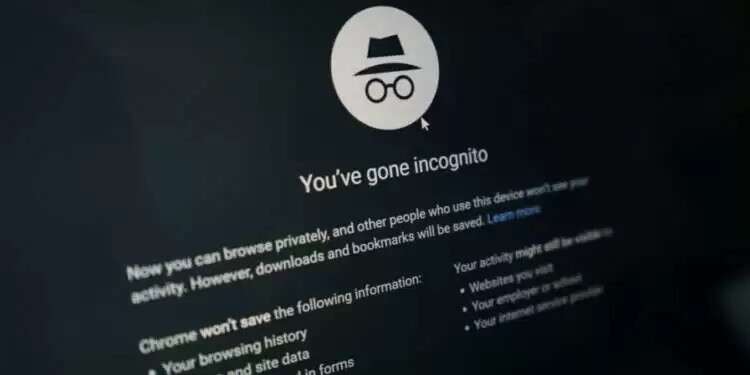Google will destroy billions of data records collected via its “Incognito” feature on the Chrome browser, which apparently allows “private” internet use, according to a report by Reuters.
The development comes after Google settled the class-action lawsuit for a staggering $5 billion in December 2023. However, according to the details disclosed in California federal court Monday, the search engine giant has agreed to “delete and/or remediate billions of data records that reflect class members’ private browsing activities”.
The lawsuit, brought in 2020, accused Google of tracking the activities of users despite them browsing the internet in its Incognito mode. The complaint said Google misled users into believing the Incognito mode ensured privacy online. No details regarding the settlement were disclosed then.
However, the company landed in hot waters after the case gained steam and Google’s privacy practices became a focal point of discussion across the international media. The lawsuit covered users from June 2016 and the case was filed under the California privacy and federal wiretapping laws. It not only accused Google of secretly harvesting user data through Chrome, but other browsers such as Safari, too.
The settlement obliges Google to publicly update users about the kind of data it gathers in private browsing. The search engine giant will also be required to allow people using the Incognito mode to block third-party cookies for five years. Google says it has already started working on the updates.
“The result is that Google will collect less data from users’ private browsing sessions, and that Google will make less money from the data,” said the complainants’ lawyers. They have termed the settlement “a historic step in requiring honesty and accountability from dominant technology companies”.
Google, on the other hand, said the company “never associates data with users” in the Incognito mode. “We are happy to delete old technical data that was never associated with an individual and was never used for any form of personalization,” a Google spokesperson said.
In August 2023, Google attempted to have the lawsuit dismissed, but the court ruled that the Google could not establish that users gave informed consent to the company to collect their data. “The Court is guided by the way that Google itself chose to represent its private browsing mode: Google told users that they could ‘go Incognito’ and ‘browse privately’,” the court order stated. Google’s request was rejected.
The lawsuit accused Google of spying on users’ activities like shopping, hobbies, information about their friends, and “potentially embarrassing things” they searched in the Incognito mode.





